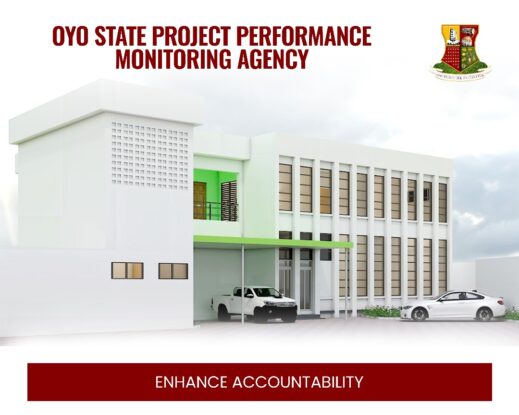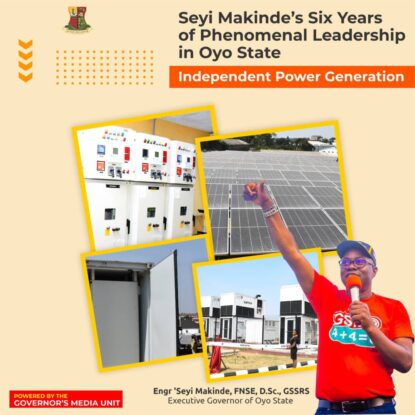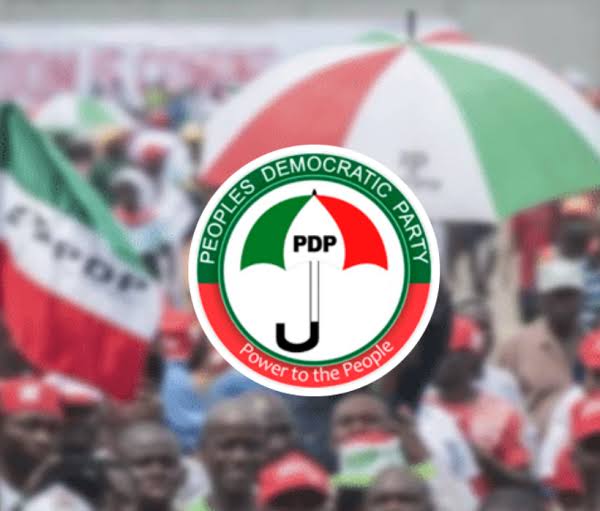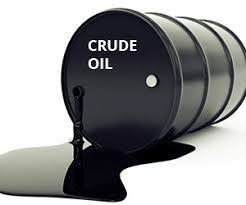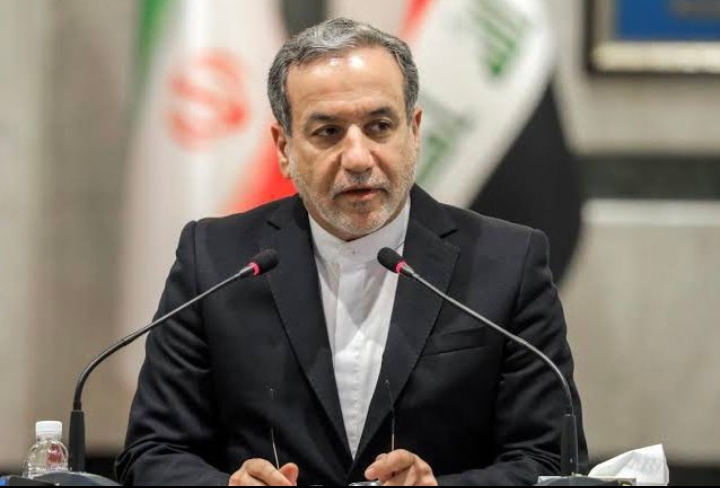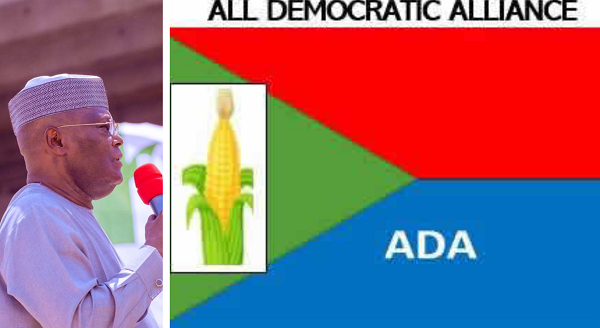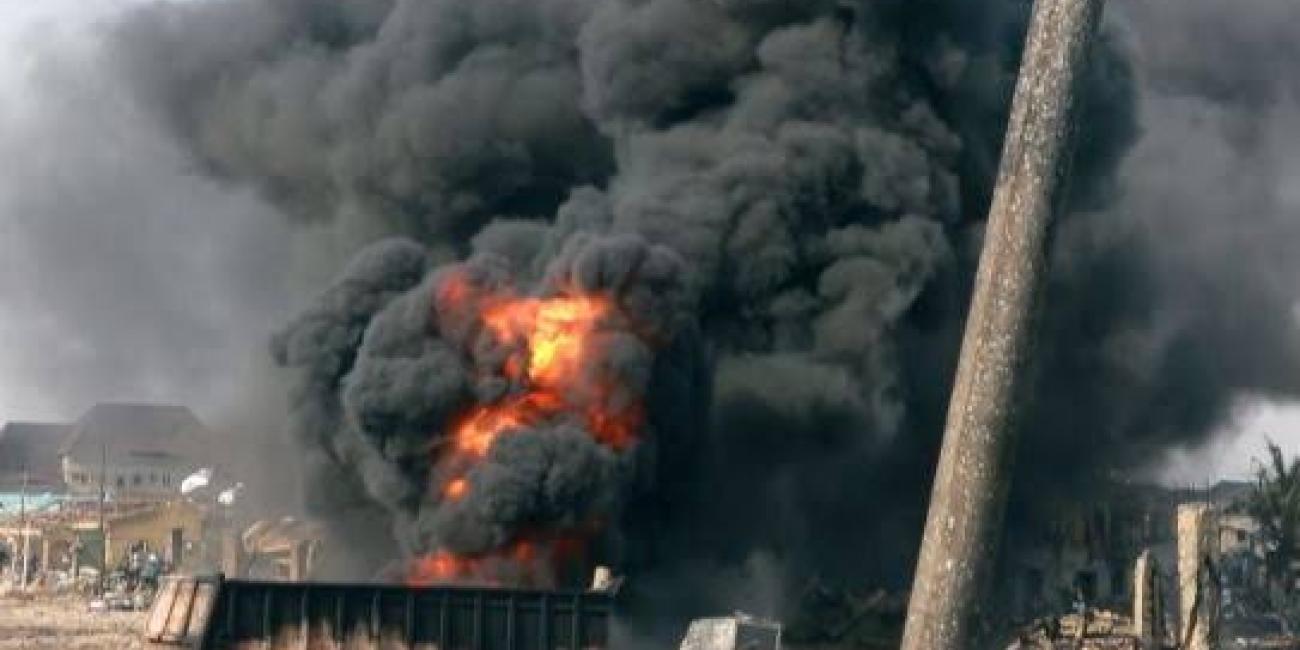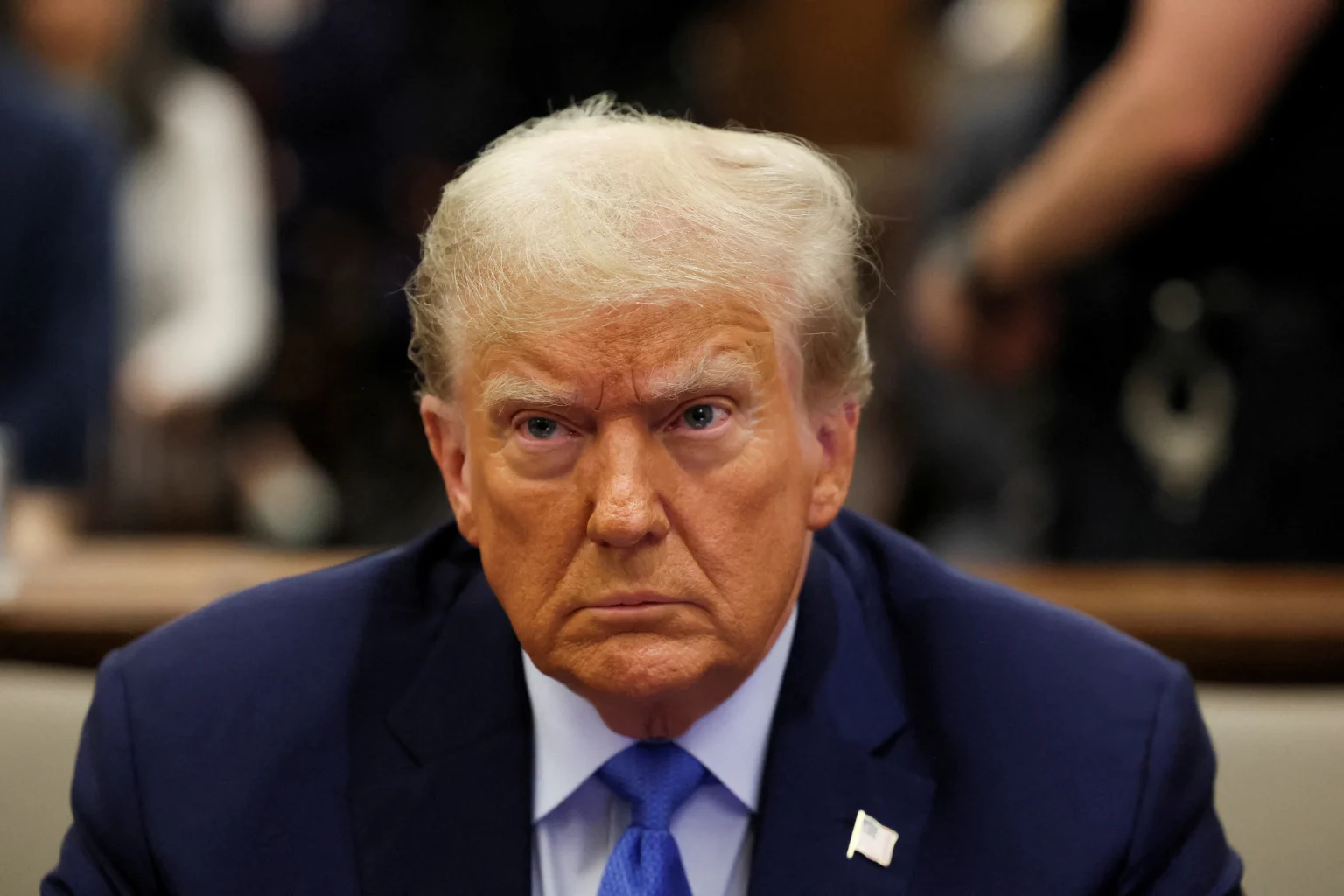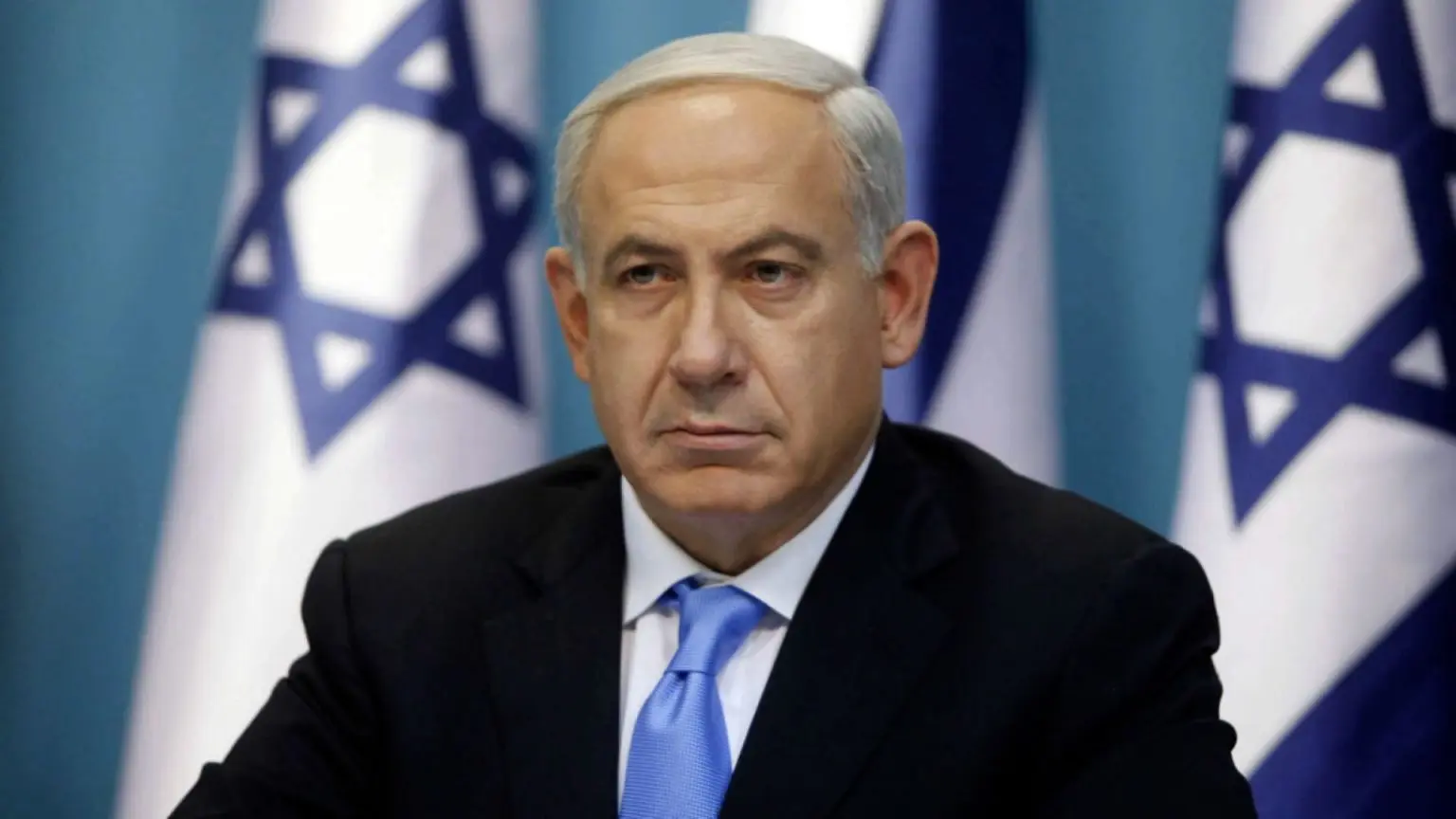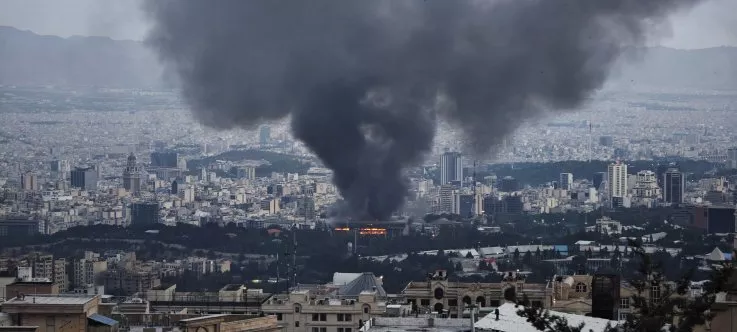How Iran’s Hormuz Threat Could Impact Nigeria’s Economy
Tensions in the Middle East have escalated into a full-scale crisis. With Iran contemplating the closure of the Strait of Hormuz amid its conflict with Israel and the United States, the reverberations are being felt far beyond the region—right here in Nigeria.
Oil Boon May Be Fleeting
The Strait of Hormuz is a vital artery for around 20% of the world’s oil supply. A blockage could send crude prices soaring. For Nigeria—a major crude exporter—the immediate effect might be the most profitable window of the decade. Elevated oil prices would boost foreign exchange earnings, strengthen government revenues, and offer a rare respite in a fiscal landscape often plagued by deficits.
But there’s a catch: years of oil theft, infrastructure failures, and insufficient investment have capped Nigeria’s production capacity. Unless output increases rapidly, the windfall could be swallowed by inefficiencies, potentially leaving Nigeria stranded by a global oil rally it cannot fully tap into.
Imported Fuel Face Price Shock
Despite its energy wealth, Nigeria imports more than 90% of its refined petroleum. When global crude prices climb, refined products tend to follow suit—creating a ripple effect across the economy.
Consumers across the country may soon feel the pressure at the pump. Higher petrol and diesel prices could drive up the cost of transportation, food, and basic goods, propelling inflation higher. However, the government could intervene with blanket fuel subsidies—a welcome relief for consumers, but a dangerous burden on public finances.
Naija’s Currency: Between Strength and Surprise
A spike in oil revenues could temporarily bolster Nigeria’s naira, easing pressure on the foreign exchange market. But in times of global instability, investors often retreat to safe havens like gold and the U.S. dollar, leaving emerging markets vulnerable.
A sudden exodus of capital could reverse the naira’s gains faster than they materialize, forcing the Central Bank of Nigeria to dip into foreign reserves or hike interest rates—strategies that could dampen growth even as inflation bites.
Inflation: A Collective Concern
Rising costs aren’t limited to fuel. Increased shipping expenses—borne from rerouting vessels to avoid the Strait—will raise the cost of imported commodities, from fertilizers to electronics and grain. Meat, rice, sugar, and other staples could push even harder against the current annual inflation rate, already hovering above 30%.
Debt Dilemma and Fiscal Fragility
High oil prices help, but they don’t erase Nigeria’s fiscal vulnerabilities. The government may face renewed pressure to subsidize fuel. At the same time, international debt costs could climb as global yields rise—especially if global equity markets turn risk-averse.
With over $240 billion in public debt and subsidies accounting for a sizable chunk of annual spending, Dilma’s financial juggle becomes even more precarious.
From Crisis to Opportunity?
Experts advise Nigeria to treat this as a wake-up call:
Boost Domestic Refining: Full-scale operation of Dangote and other local refineries could reduce dependency on imports and buffer fuel price swings.
Strengthen Oil Security: Cracking down on theft and sabotage to ensure any opportunity from higher global prices isn’t wasted.
Diversify the Economy: Channel revenue surges into agriculture, tech, and manufacturing to build resilience.
Fix Subsidies: Shift from universal to targeted social programs to support the vulnerable while preserving fiscal health.
Build Reserves: Use temporary oil windfalls to expand foreign exchange reserves in preparation for future shocks.
The Bottom Line
Nigeria stands at a crossroads. A potential Strait of Hormuz closure could deliver a rare fiscal windfall—but the risks are stark: spiking inflation, fiscal strain, and economic volatility. Whether Nigeria emerges stronger or weaker depends on bold, proactive measures today.

